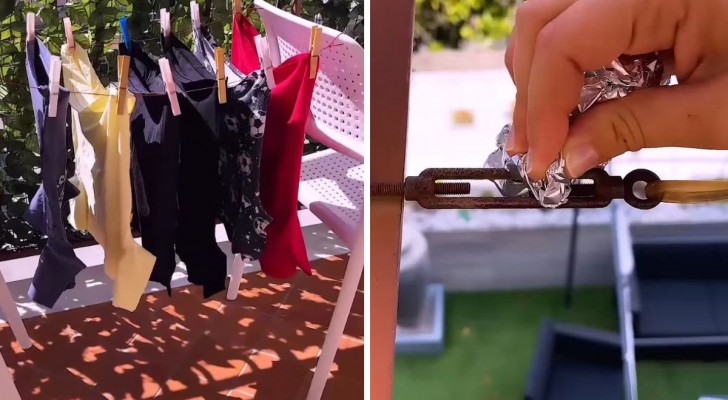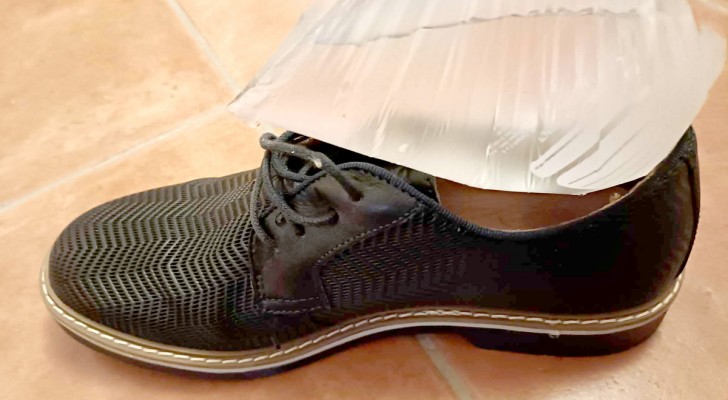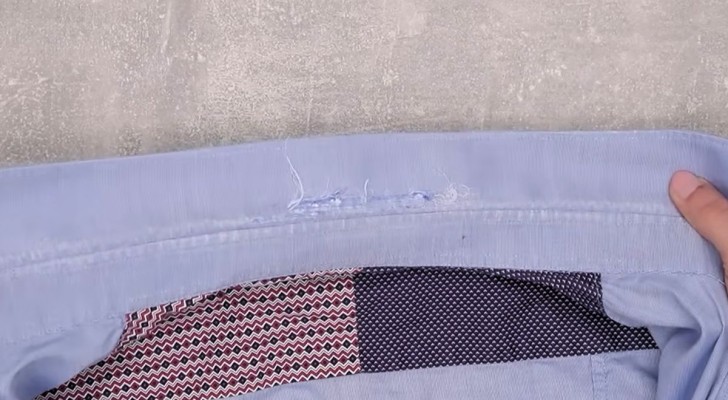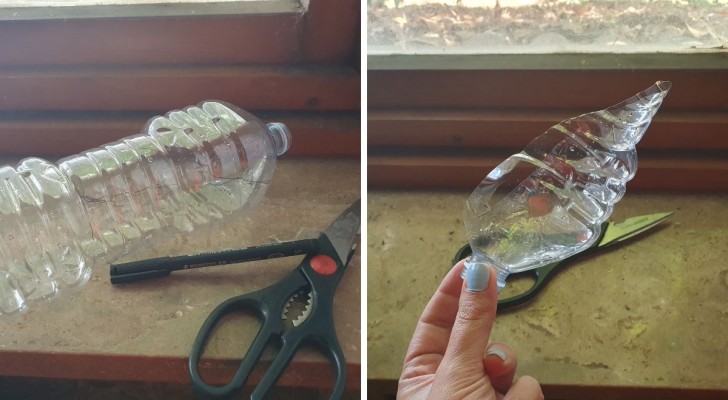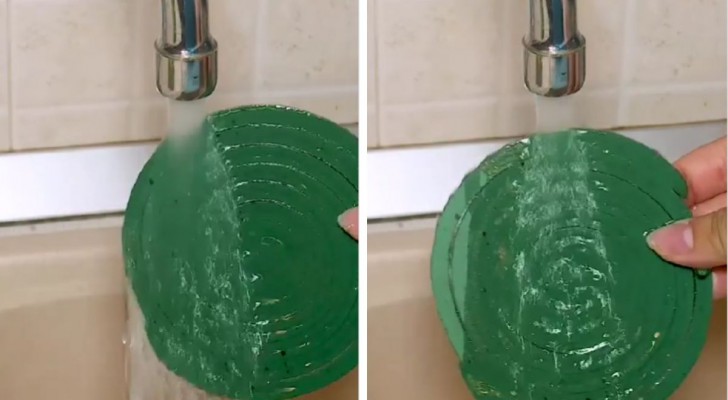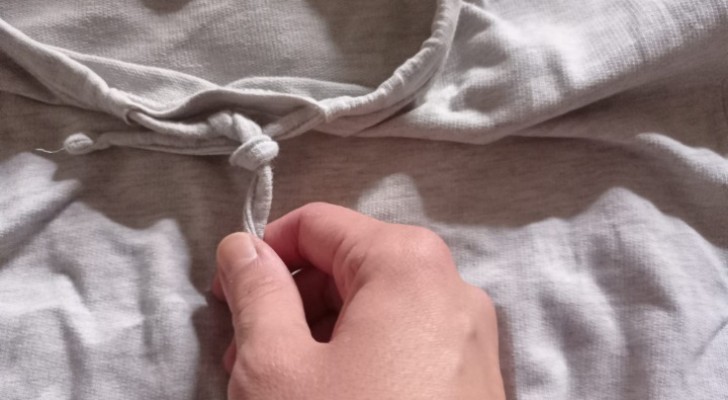How to recycle dishwashing sponges in ingenious ways
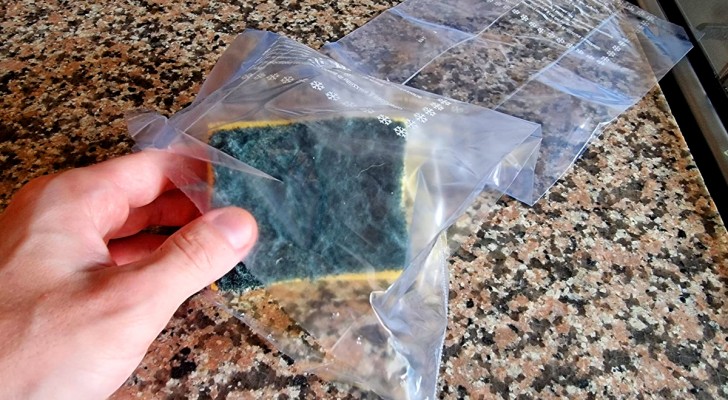
Dishwashing sponges are ideal for cleaning household appliances and can be found in all our kitchens: we use sponges to remove stains, spills or food residue from stoves, ovens, refrigerators and - most often - for cleaning our dishes.
Unfortunately, sponges wear out quickly. Of course this depends on how often you use them, but they tend to be short-lived no matter what. However, we can advise you on how to best recycle sponges to limit environmental pollution and use them in such a way that you can carry out other cleaning tasks and chores.
Sponges in the freezer
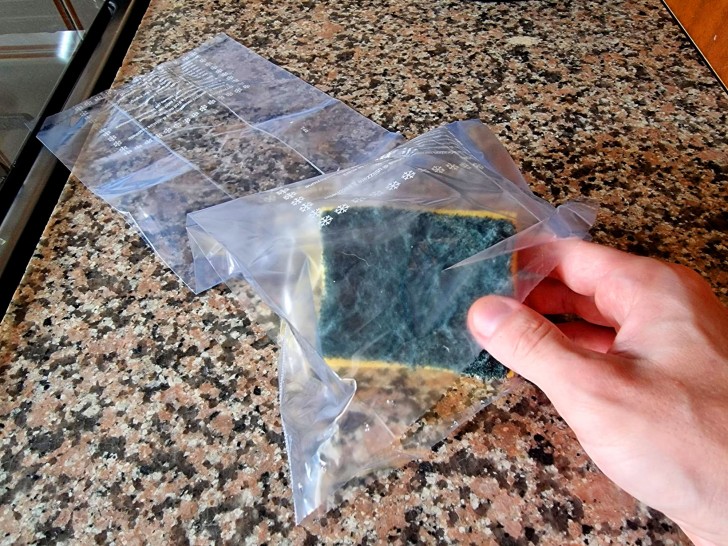
Creativo
The most important part of a sponge is its abrasive part (aka "the rough"): with this, we remove stubborn dirt by rubbing it vigorously on dirty plates, cutlery, pots and pans. The rough will gradually degrade over time and become useless...
But don't worry! Thanks to the art of recycling, you can reuse worn-out sponges: just clean them properly, then immerse them in water.
Once soaked, all you need to do is put them in a plastic bag and place them in your freezer: after a few hours, you will have some frozen sponges at your disposal which can act as freezer/cooling blocks for your igloo box! But it doesn't end here: we can make other uses of old sponges, according to our needs.
Other uses of kitchen sponges
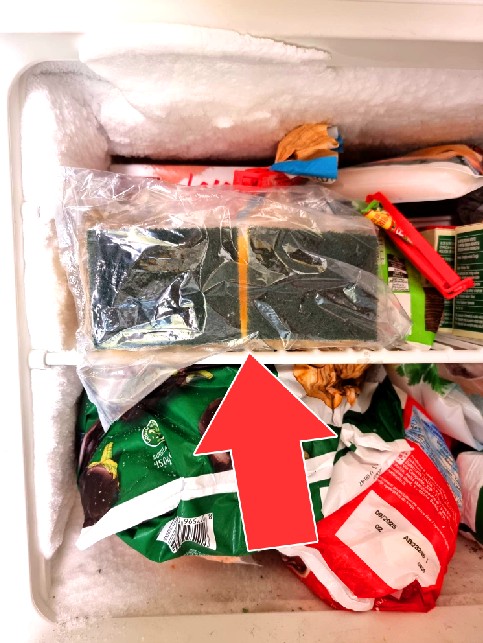
Creativo
Reusing and recycling waste not only guarantees a lower "impact" on the environment but also on your wallets! Sponges are not particularly expensive, but being able to reuse them to replace other objects will certainly lead to savings.
In fact, you might think about placing them inside the washing machine's drum together with your laundry. The reason? Simple: by doing this they will pick up most of the hair and lint on your clothes! We recommend using three to make this operation more effective.
Or old sponges could be useful for cleaning the frames of your windows: these are usually rather awkward places to reach, but cutting the sponges to the size of the thickness of the frames can overcome this. So don't throw away worn-out sponges: they can still be very useful for many alternative purposes!
